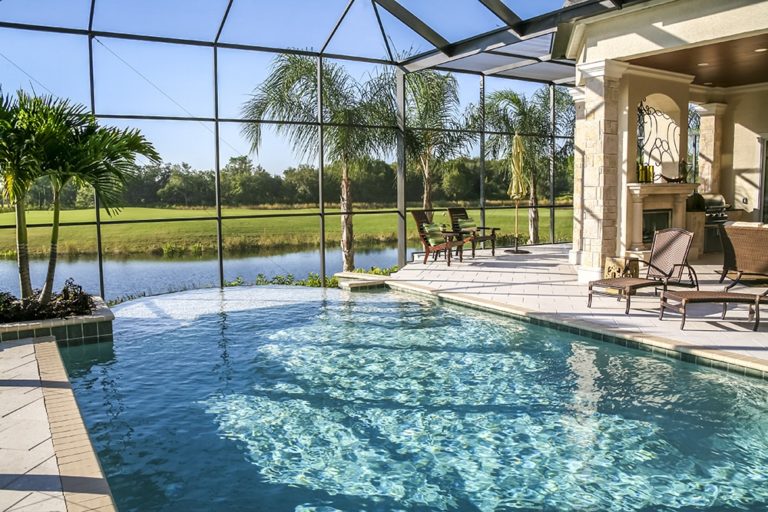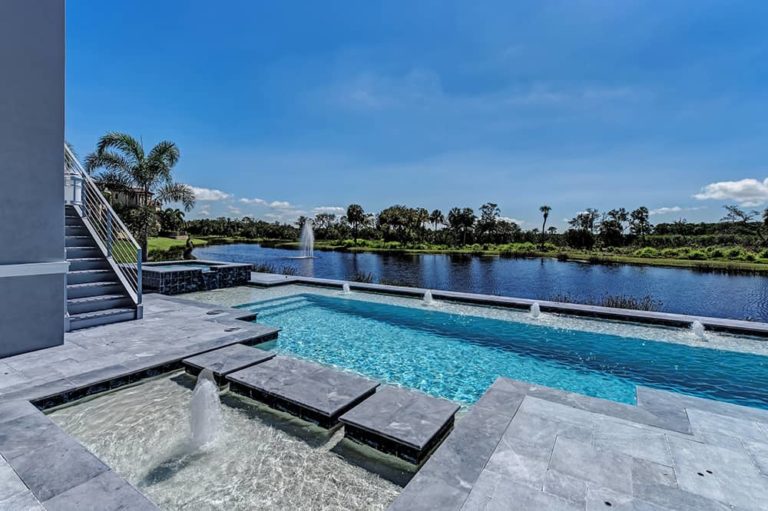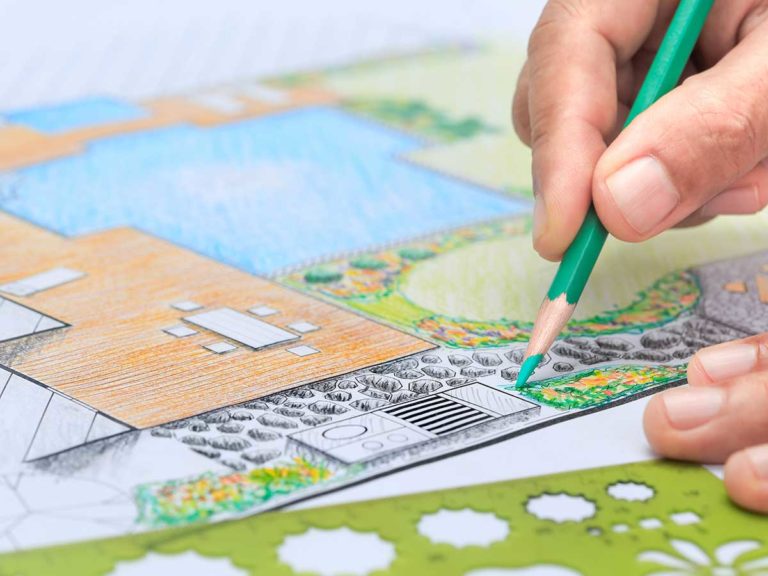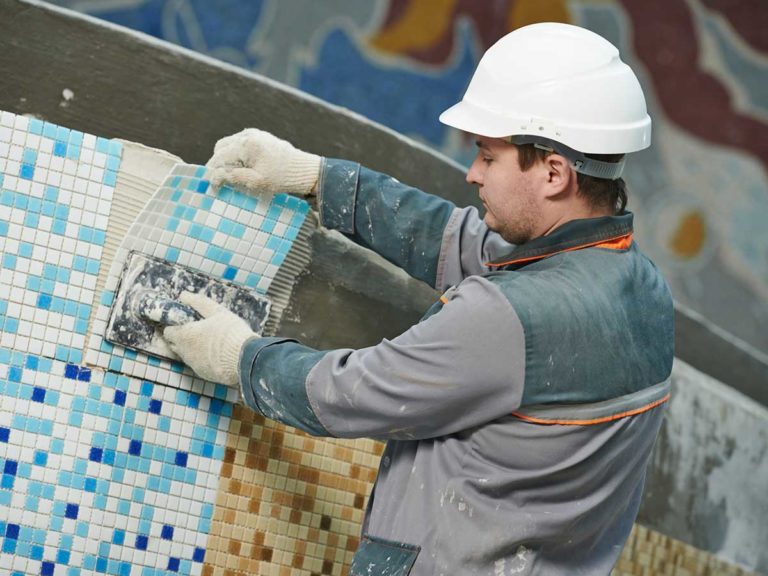Tips for Avoiding Pool Pump Damage
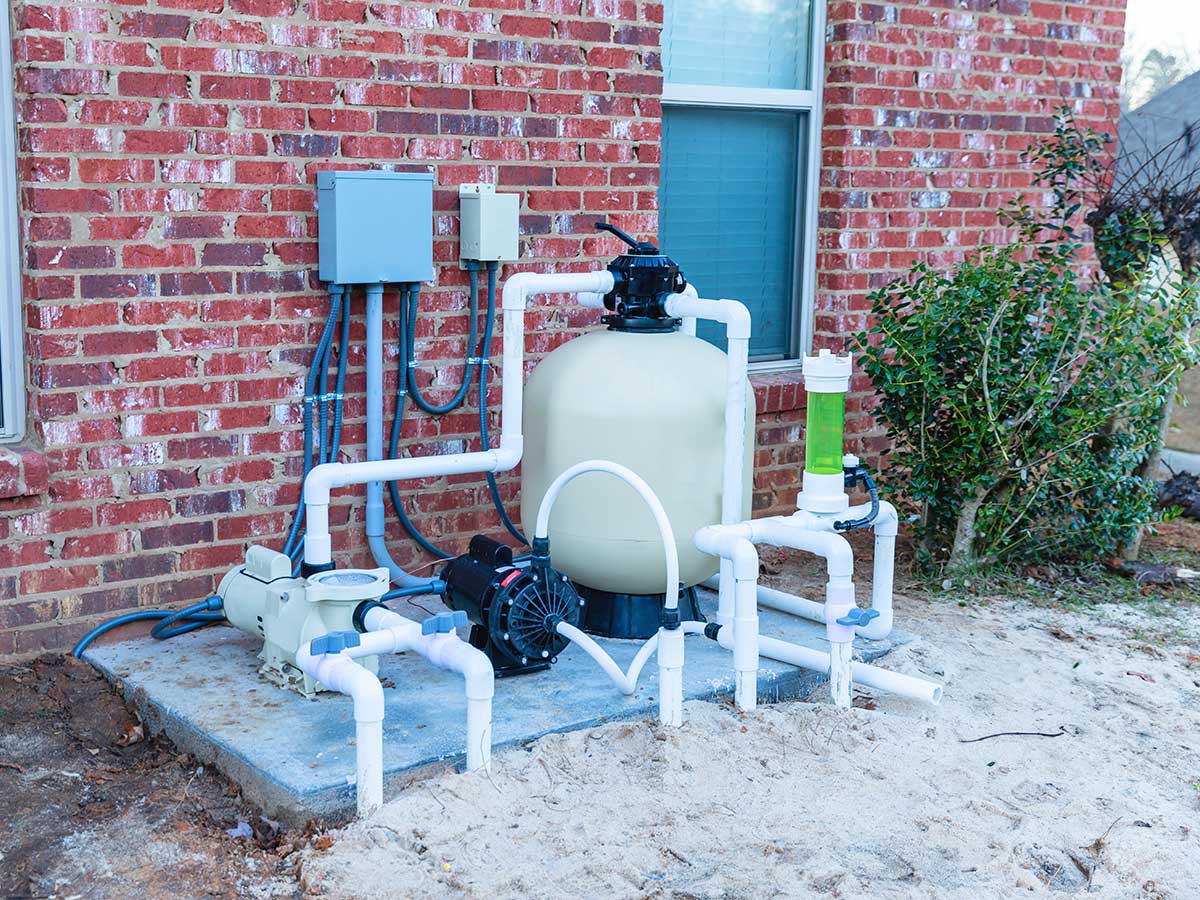
Your pool pump plays a vital role in keeping your pool water clean and properly circulated. It’s a hardworking component of your pool system, but it can also be vulnerable to damage if not cared for correctly. To ensure your pool pump operates efficiently and lasts for years, follow these essential tips for avoiding pool pump damage.
Regular Maintenance
Routine maintenance is key to preventing pool pump damage. Create a maintenance schedule and stick to it. This includes cleaning the pump basket, inspecting for debris, and checking for leaks. Ensure that all pump components are in good working condition.
Clean the Pump Basket
The pump basket traps debris that can clog the pump and impede water flow. Regularly clean the basket to prevent blockages that could strain the pump motor.
Maintain Proper Water Levels
Keep your pool water at the recommended level. If the water level drops too low, the pump can run dry, potentially causing overheating and damage.
Monitor the Pressure Gauge
Most pool pumps have a pressure gauge. Keep an eye on it while the pump is running. A sudden increase in pressure may indicate a clog or a problem with the filter.
Prime the Pump
If your pool pump loses prime (i.e., it can’t pull in water), it can cause overheating and damage. Ensure that the pump is properly primed before starting it.
Use a Pool Cover
Invest in a pool cover to keep debris out of your pool when it’s not in use. Less debris means less strain on the pump.
Regularly Backwash the Filter
If you have a sand or DE (diatomaceous earth) filter, backwash it according to the manufacturer’s instructions. A clogged filter can cause the pump to work harder.
Protect Against Freezing Temperatures
If you live in an area with freezing temperatures, winterize your pool pump. Drain the pump, filter, and any connected plumbing to prevent damage from freezing water.
Address Leaks Promptly
If you notice any leaks in the pump or plumbing, don’t delay in addressing them. Even small leaks can lead to more significant problems over time.
Invest in a Pump Timer
Using a pump timer allows you to run the pump during off-peak hours, saving energy and reducing wear and tear.
Seek Professional Help
If you’re unsure about any aspect of pool pump maintenance or if you suspect a problem, consult a professional pool technician. They can diagnose and repair issues before they escalate.
Consider Upgrading
If your pool pump is old and inefficient, it may be more cost-effective to upgrade to a newer, energy-efficient model. Newer pumps can save you money on energy costs and provide better performance.
Taking care of your pool pump is essential for maintaining a healthy and enjoyable swimming pool. By following these tips and performing regular maintenance, you can extend the life of your pump, reduce energy costs, and ensure that your pool stays crystal clear all season long. Remember, a well-maintained pool pump means more fun in the sun!

